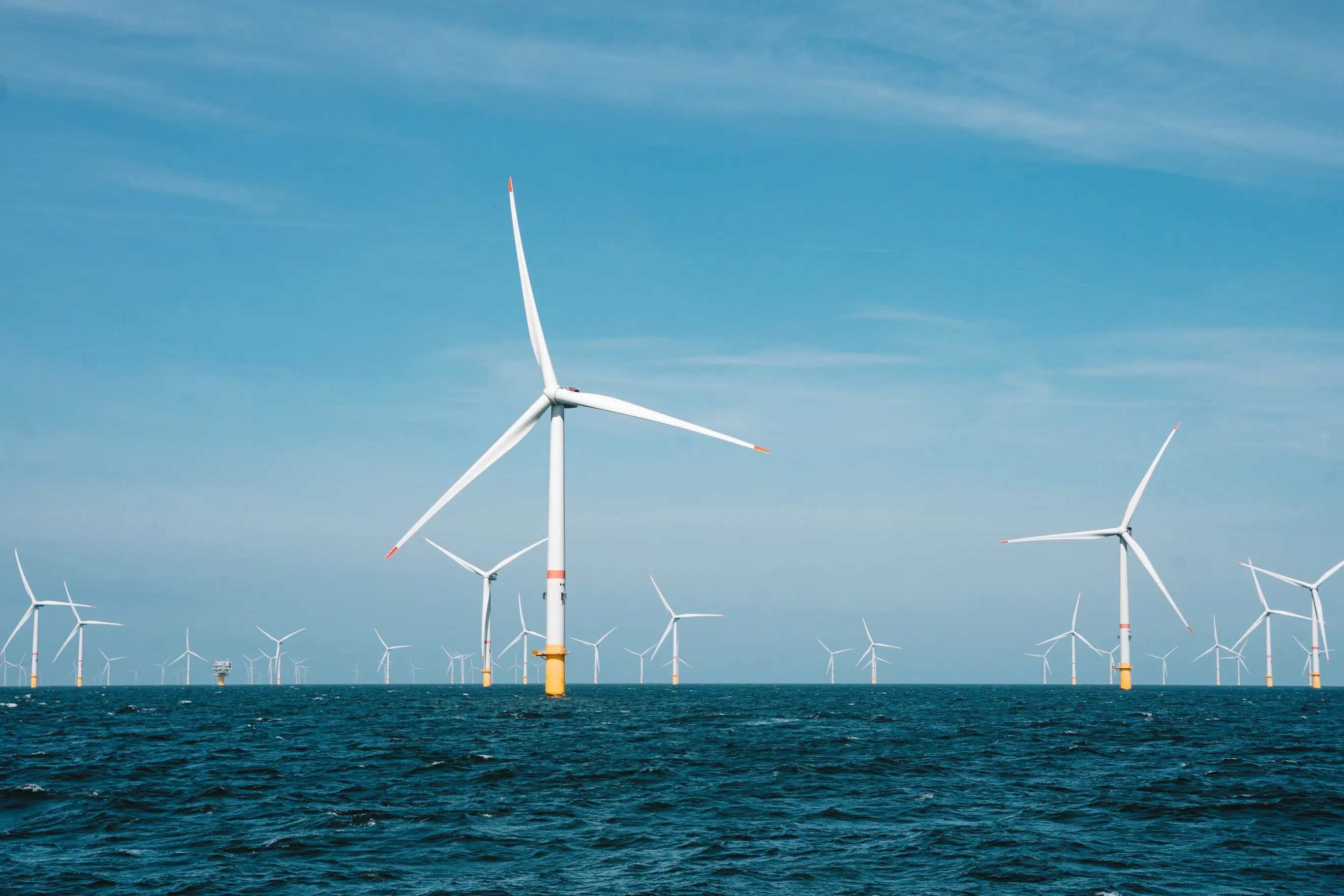The Progressive Conservatives are looking to open up more opportunity for wind energy with some changes to clean energy laws.
A new bill tabled at the legislature on Friday morning, called the Powering the Offshore Act, would change three pieces of legislation.
Energy Minister Trevor Boudreau says they want keep all doors open as the province transitions to clean energy.
“We don’t want to leave any stone unturned for clean energy projects that will bring green jobs and fuel our green economy,” said Boudreau.
Cap on proposed energy projects
The new bill would put a cap on how many proposed energy projects they could have outside of ones picked and paid for by the government.
The cap would limit the amount of projects planned and under construction to 1140 megawatts generated once complete.
The projects currently underway in the province would create about 900 megawatts. If all 1140 megawatts were constructed and operating, and if some customers stopped using their portion of energy for whatever reason, then the province would have more energy than it needs.
A government spokesperson says the way wind energy contracts work, ratepayers would still be paying for that wind even if it isn’t being used.
For more projects to get the green light, another would have to drop out to make room.
Batteries installed to help the general power grid when there is extra energy are not necessarily equipped to store power generated from wind, the spokesperson said.
Opening doors for off-shore wind
The province says several changes to the Electricity Act would let some developers sell off-shore wind energy for export or domestic use. Some of that will be through Wind West, and the province is calling for the federal government to help pay for some of the transmission lines needed to get Wind West up and running.
Off-shore wind projects are also going to get the chance now to sell their energy to Nova Scotia Power. That was previously not allowed.
Another change is related to licensing. Industry officials requested the ability to merge licenses. Last year the province granted the power to split them, according to a news release.
And the Nova Scotia-New Brunswick intertie will be treated the same as any other utility when it comes to taxes. That means it is exempt from municipal taxes.











